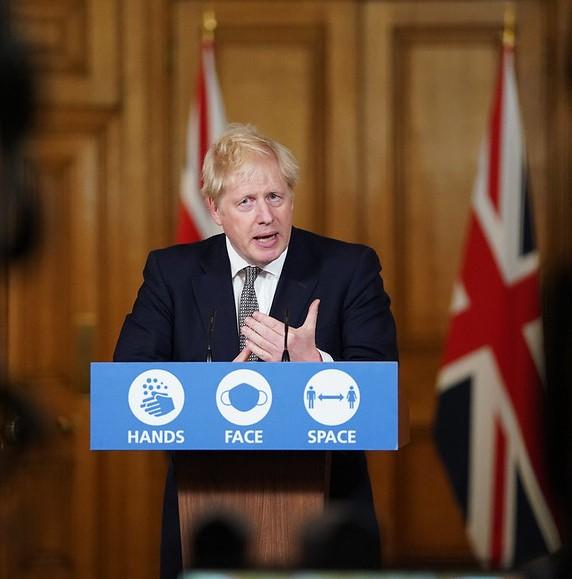With no end in sight to Europe's second surge in COVID-19 cases, the United Kingdom announced another lockdown today—the fifth European country to do so—as the global case total sped past 46 million people.
WHO: a critical moment for action
At a media briefing today, World Health Organization (WHO) Director-General Tedros Adhanom Ghebreyesus, PhD, said the continuing spike in cases in some European countries and in North America are "another critical moment for action."
He urged national leaders to step up and for the public to do their part to suppress transmissions in an effort to prevent hospitals from reaching capacity, which poses a risk to patients and health workers. Tedros spotlighted Mongolia's efforts—the country has no deaths or local transmissions—and introduced speakers from South Korea, South Africa, and Sierra Leone, who gave advice about preparing for and coping with COVID-19 surges.
Tedros also announced that he has been identified as a contact of someone who tested positive for COVID-19 and is self-quarantining. At today's briefing, WHO officials said there are no workplace clusters at the organization and that Tedros will be testing depending on symptoms in the days to come.
Growing list of European lockdowns
UK Prime Minister Boris Johnson has said there is no alternative to another lockdown, which will last a month and be less strict than the one that was in place in March and April, the BBC reported. He said in an address to the House of Commons today that without action now, deaths over the winter could be twice as bad as the first wave.
The new lockdown measures exclude work that can't be done from home, childcare, education, outdoor exercise, medical visits, shopping for essentials, caring for vulnerable people, and visiting people in "support bubbles." Pubs, restaurants, and nonessential retail will be closed except for curbside service. There also limits on gatherings and nonessential travel.
Last week, France, Germany, and Belgium announced similar measures, and in the middle of October, Ireland announced a 6-week lockdown. Italy, facing a similar surge, said today that in lieu of another nationwide lockdown, it would tighten its COVID-19 restrictions, such as a night curfew and limiting travel between hot spots, Reuters reported.
Austria and Greece over the weekend announced new restrictions, which include night curfews and closing cafes, bars, and restaurants.
European lawmakers in some countries are facing strong opposition to lockdowns and other measures. Spain, which introduced more restrictions and went into another 6-month state of emergency, experienced protests—some violent—over the weekend. And British politician Nigel Farage, who helped push the Brexit movement, announced that he will rebrand his party to oppose lockdowns and some of the government's other pandemic measures.
Meanwhile, Slovakia is taking a different approach to stop the rise in infections by testing its entire population. So far, nearly half of the country's population has been tested in the 2-day national campaign, according to Reuters.
In other global developments:
- South Korea has reported a small rise in cases, mainly limited to clusters, which prompted the country to extend its mask requirement to locations such as spas and wedding halls, Reuters reported.
- Singapore has gone 3 days with no new local COVID-19 cases and today reported only one imported case, marking its lowest case total since Feb 25, Channel NewsAsia noted.
- The global total today closed in on 47 million cases, with the current number at 46,818,512, according to the Johns Hopkins online dashboard.





















